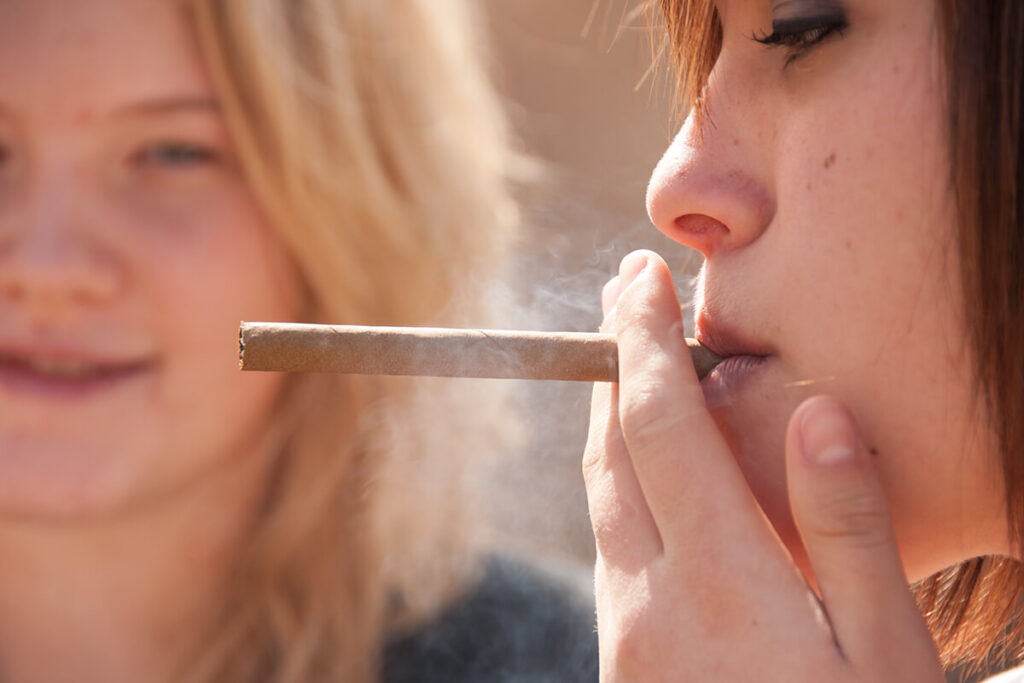There’s more to addiction than people understand. Some of them think that addiction is nothing more than a lifestyle choice, but it is a mental health disorder. The difference between addiction and other disorders is that it’s preventable by not using drugs in the first place. Another thing that they don’t know much about is the connection between codependency and addiction.
Individuals who get addiction help often don’t receive the addiction therapy services needed to break codependency issues as well. Finding the right addiction treatment program can mean all the difference when dealing with codependency and addiction problems.
What’s the Connection Between Codependency and Addiction?
Do addiction and codependency go hand in hand? There’s a more significant connection between these two issues than people realize. It’s a double-edged sword. First, however, let’s review the general relationship between the two.
For the most part, codependency refers to the relationship between someone with an addiction and someone without it. Although, both people in the relationship may have different substance use disorders that encourage the cycle of their toxic relationship. For example, people with addiction usually have codependent relationships with family members or friends.
The codependents are the caregivers or people who enable those with addiction to continue their destructive behaviors. It could be a parent, roommate, or significant other. In short, those with addiction can’t get away with their destructive lifestyles if their codependent half continues to enable them.
Addiction to Codependency
When people think of codependency and addiction, they think about the codependents enabling people with addiction. What they don’t know is that codependency itself is also addictive. When this happens, the codependents develop an addiction to enabling a substance use disorder.
This combination is dangerous because neither party wants to change. Those with addiction want to continue abusing substances. On the other hand, the codependents want to continue enabling and protecting their loved ones from the outside world. It’s a setup that typically ends in tragedy.
If a codependent relationship is putting a stop to addiction recovery efforts, it is time to either leave the toxic relationship or involve them in treatment. They may need their own addiction treatment or will benefit from a family therapy program.
Other therapy programs that promote healthy relationships include:
- Group therapy program
- Psychotherapy programs
- Relationship therapy program
- Rational emotive behavioral therapy (REBT)
Why Do Codependents Help?
Sometimes codependency becomes an addiction, but what about when it doesn’t? Why do the codependents continue enabling the addictions? There are many reasons, but sometimes they do it without even noticing.
Low self-esteem is a common reason why codependents enable loved ones with an addiction. The codependents get a sense of worth when they help. They could make up excuses and provide money for their loved ones when they can.
Other times, codependents help out because they love the people. They hate to see loved ones struggle, so they provide support when they can and make excuses for them. In the end, addiction treatment therapy is the best help that they could give to their loved ones.
Let Us Provide Proper Addiction Support
Do you or a loved one struggle with addiction? If so, you can count on Zelus Recovery’s team of licensed addiction experts and therapists. We provide support that you can truly rely on. In fact, we offer a wide range of customized addiction treatment programs, including:
- Intensive outpatient program
- Early intervention
- Dual diagnosis treatment
- Substance abuse treatment
- Addiction counseling
Learn more about codependency and addiction with our help. Let us show you how to help someone who struggles with addiction. Contact Zelus Recovery today at 208.518.0797 for more information.





